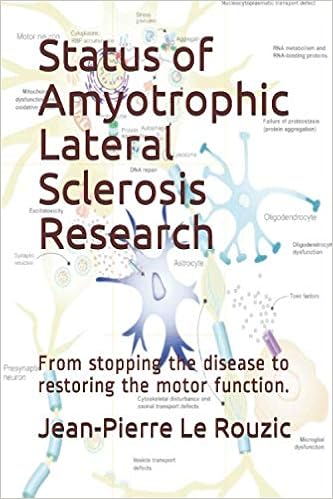It has been clear for a while that anti-amyloid antibodies can sweep plaque from the brain, but until now the question of whether this slows cognitive decline has remained hotly contended. Despite some positive signals from four such antibodies, the data have been messy and hard to interpret.
In a Phase 2 trial, donanemab completely cleared plaque in two-thirds of participants. At the 15th International Conference on Alzheimer’s and Parkinson’s Diseases, held virtually March 10–14, Mark Mintun of Eli Lilly & Company presented the Phase 2 trial of the company’s anti-amyloid antibody donanemab.
This is the first anti-amyloid AD drug to meet a clinical endpoint in a Phase 2 trial. While the drug met its primary endpoint, participants did not get better. Even so, donanemab slowed their decline by an average of 32 percent on a combined cognitive and functional measure. The treatment appeared to nudge down tangles, and worked best at low tangle loads.
The donanemab Phase 2 study offers some of the most compelling evidence to date that amyloid reduction can slow clinical decline, albeit modestly, in early stages of AD. In addition to the encouraging results, there are two unique features of this trial that move the field forward.
First is the decision by design to reduce dose or switch to placebo once patients are in the amyloid-negative range on PET. The discontinued dosing once the participant’s amyloid level normalizes may suggest that, if replicated, there will be not need to treat patients continuously. Doctors may be able to lower their patients amyloid levels, monitor them and, if the levels rise, re-dose.
The second decision is the selection of patients with intermediate tau aggregates on PET. It is interesting that the overall clinical benefit was driven by the patients in the lowest tau PET tertile. This suggests that the primary role of amyloid-lowering therapies may be in patients in whom tau is not yet widespread, most of whom will be in the preclinical or very earliest clinical stage.

